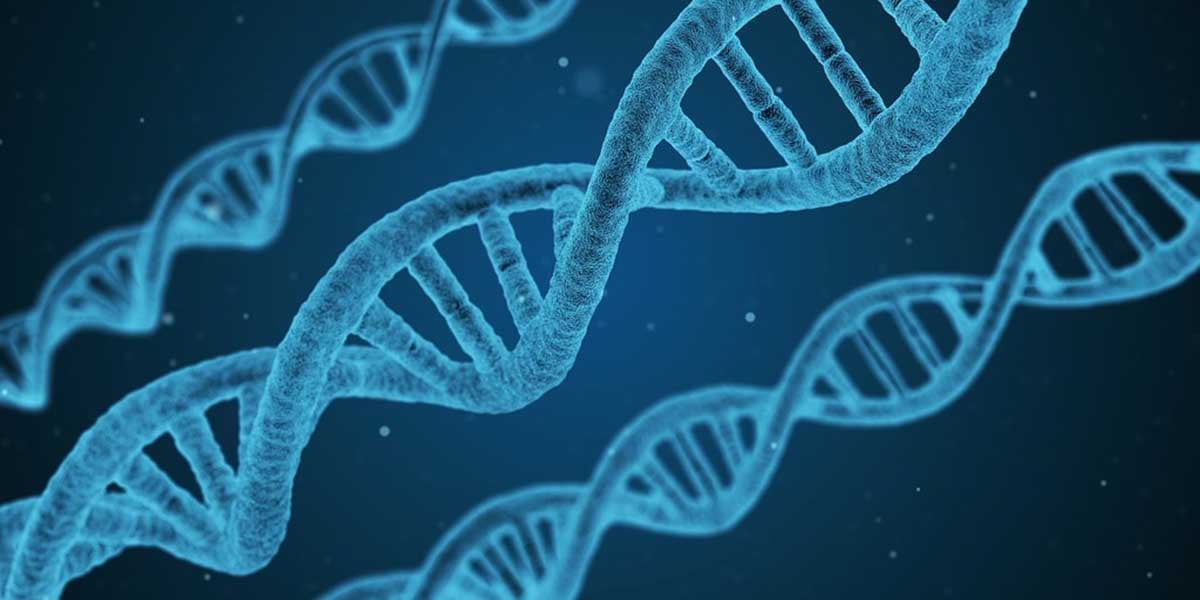Oregon’s Proposed Law to Collect DNA from Felony Suspects Sparks Debate Over Justice and Rights

Oregon law enforcement officers may be able to collect DNA when arresting serious felony suspects if House Bill 3093 gets the final nod from lawmakers. Oregon will join 31 states that already employ DNA testing on felony suspects.
House Bill 3093 Passed by Oregon House Judiciary Committee
On Monday, HB 3093 was passed by the Oregon House Judiciary Committee that recommended its approval with amendments, and was then referred to the Joint Committee on Ways and Means before its possible passage to the House floor.
Chances of Solving Cold Cases Will Be Increased
Supporters say the bill will increase the chances of the police to solve cold cases involving murder, rape, and robbery, while enabling law enforcement officers to access a potentially larger pool of offenders.
However, opponents argue that drawing blood and swabbing cheeks of people based on the assumption that they committed a crime will undermine the American principle of innocent until proven guilty.
At present, Oregon lawmakers are only allowed to obtain DNA samples when someone is convicted of a felony.
ACLU is Concerned That people of Color Will Bear the Brunt
The American Civil Liberties Union (ACLU) expressed concern about the impact of the bill on people of color in written testimony to the House Judiciary Committee.
ACLU, a non-profit, non-partisan organization dedicated to defending and preserving individual rights and liberties guaranteed by the Constitution, says people of color could bear the brunt of the new legislation because they are frequently arrested on accusations of committing serious offenses.
When DNA Testing Can and Cannot Be Used
DNA testing will only apply to suspects of crimes such as murder, sexual assault, hate crimes, robbery, hit-and-run incidents when a victim is injured, felon driving under the influence of intoxicants, and home burglaries.
Felony crimes like drug dealing, shoplifting, commercial burglary, and car theft are excluded from DNA testing.
The chief sponsor of HB 3093 is Representative Rick Lewis (R-Silverton), a former police officer with 39 years of service under his belt. Lewis explains that once DNA has been collected it will be entered into a national database.
The bill allows for innocent parties to have their DNA removed on request.
